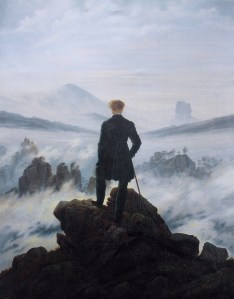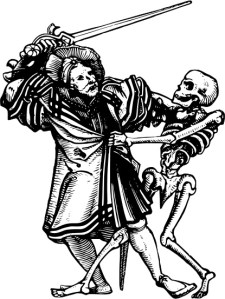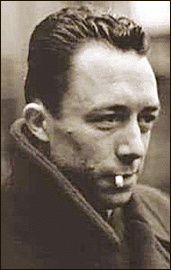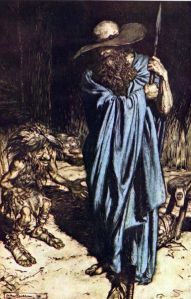Romantics like to think of themselves as unique individuals who have the strength of character to go against the flow. They describe anyone who stays in the mainstream as a “conformist,” a word with negative connotations.

Romanticism promotes an anti-social emphasis on individuality and self-absorption. (photo: public domain)
Academic and novelist Ann Swinfen has some interesting things to say about this topic as it relates to C. S. Lewis’s The Chronicles of Narnia. In her work of literary criticism, In Defence of Fantasy (1984), she points out that Lewis was against individualism and in favour of conforming to religious orthodoxy and societal norms. His fiction reflects this strongly held rational philosophy.
Continue reading “Romanticism’s Claim on Individuality”

